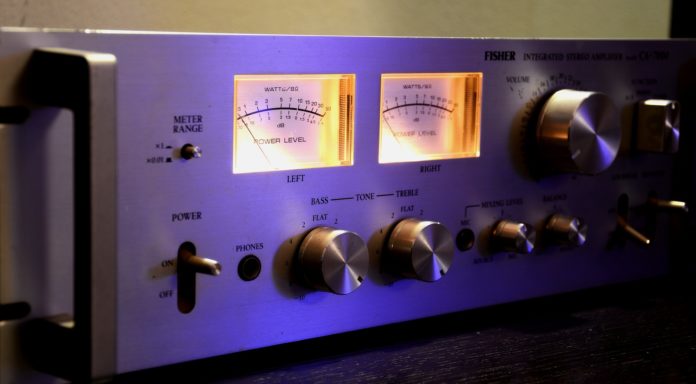A recently released white paper from Forrester Research – in concert with Catalyst and Microsoft – characterizes paid search as “a synergistic amplifier” of other media channels which does not often “receive investment levels commensurate with its potential value.” The study – based on surveys conducted with 300 US-based Business-to-Consumer (B2C) advertisers – acknowledged that search is now the primary discovery mechanism for customers researching B2C products.
Forrester found that almost half (49 percent) of U.S.-based consumers now use search engines to research consumer products, putting this research channel on par – and perhaps even ahead – of research via traditional media. The white paper notes that “19 percent of respondents identified search engines as the most influential source in driving their purchase decisions — at almost three times the rate of combined media, including TV, radio and newspaper ads.”
These realities haven’t been lost on savvy marketers, many of whom have correctly viewed search as a highly effective channel for some time. Search – including PPC (pay-per-click) and SEO – was rated Good/Excellent as an ROI channel by 74 percent of marketers surveyed, putting it on par with paid social media (74 percent), and ahead of television and email marketing (71 percent and 67 percent respectively). The only channel rated higher than PPC was organic social (75 percent); unfortunately, recent moves by Facebook, the largest social networking site, are rapidly diminishing the degree to which marketers can hope to have their messaging viewed without putting money behind them in the form of paid promotion.
Search budgets may still be starved in comparison with traditional channels, but this may change as more internet-enabled devices appear on the consumer market. Forrester’s study notes that “44 percent of U.S. online adults use Internet-connected devices at least half the time they’re watching video on a TV screen.” Because one can safely presume that search is one of the activities used on these Internet-connected devices, there’s a clear opportunity for marketers to efficiently harvest the demand created by television programming by targeting queries likely to arise from the consumption of this programming.
Forrester recommends that marketers do three things to improve their ability to leverage search as a cross-channel amplifier. First, “fully fund search campaigns and align them with all demand-generating channels;” second, “understand – in detail – how exactly customers are using the search channel and map the steps taken from awareness to conversion;” and thirdly, “use advanced search tactics and better integrate search with other channel initiatives, adding a “direct response layer” to every relevant channel, even if the sole purpose of the channel is to build awareness.”


